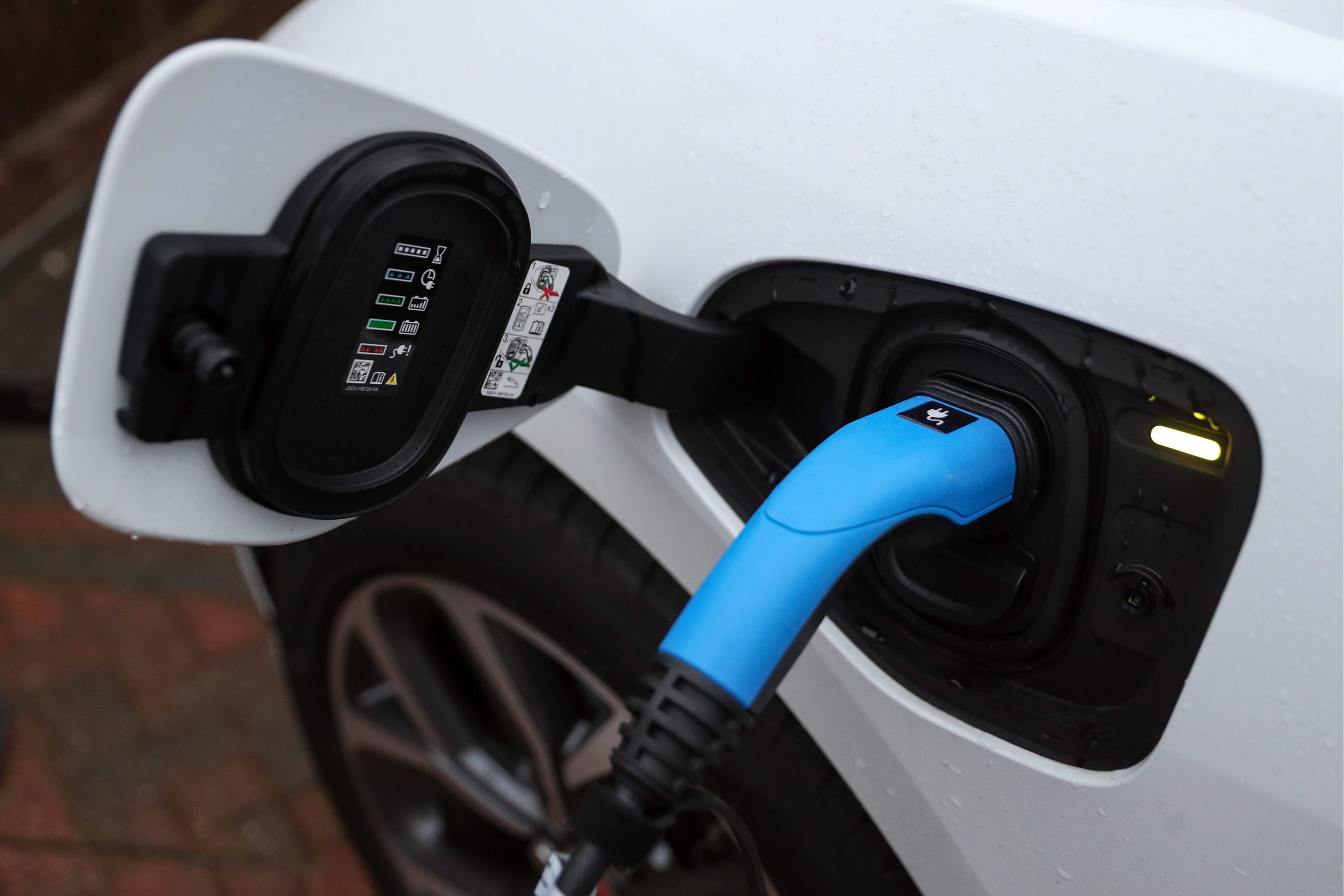THE motor industry is currently facing one of its most profound and vital challenges in history – and Valencia is revving up to go.
Increasing concerns about global warming and greenhouse gasses are leading to a gradual but unavoidable change in mobility, especially in larger cities, with many such as Barcelona now restricting the entrance of vehicles with high emission rates.
Transport is the sector with the highest consumption of energy in Spain, estimated at 33%. Of this percentage, private motorised vehicles lead the ranking, accounting for 17% of the total.
In addition, official figures show that transport by road is responsible for 20% of CO2 emissions throughout the EU, and a whopping 80% of pollution in large cities.
And with half of the world’s total oil production used to manufacture fossil fuels, going electric seems to be the only feasible way to reach the EU’s commitment of slashing CO2 levels by 40% by the year 2030.

Last year, more than 20,150 new electric cars were registered in Spain – a 64% increase with regards to previous years and proof that clean transport is the only segment of the motor industry that continues to grow.
Further proof of the changing landscape is that several driving schools in Valencia city are now offering practical lessons with cars that are totally electric.
Spokespeople for the sector explain that the move to electric is aimed at reducing their own CO2 levels during lessons, while contributing towards the normalisation of this type of vehicle by training drivers to use it.
In addition, the model of electric car used by these schools does not stall and relies on only one gear, like automatics.
This makes it much easier for learners as it eliminates two of the greatest fears for new drivers, while further encouraging them to go electric once they have their licence.
The same spokespeople add that examiners are also adapting to this new reality by taking the new technology into account and thus reducing nerves during tests.
Click here to read more News from The Olive Press.








